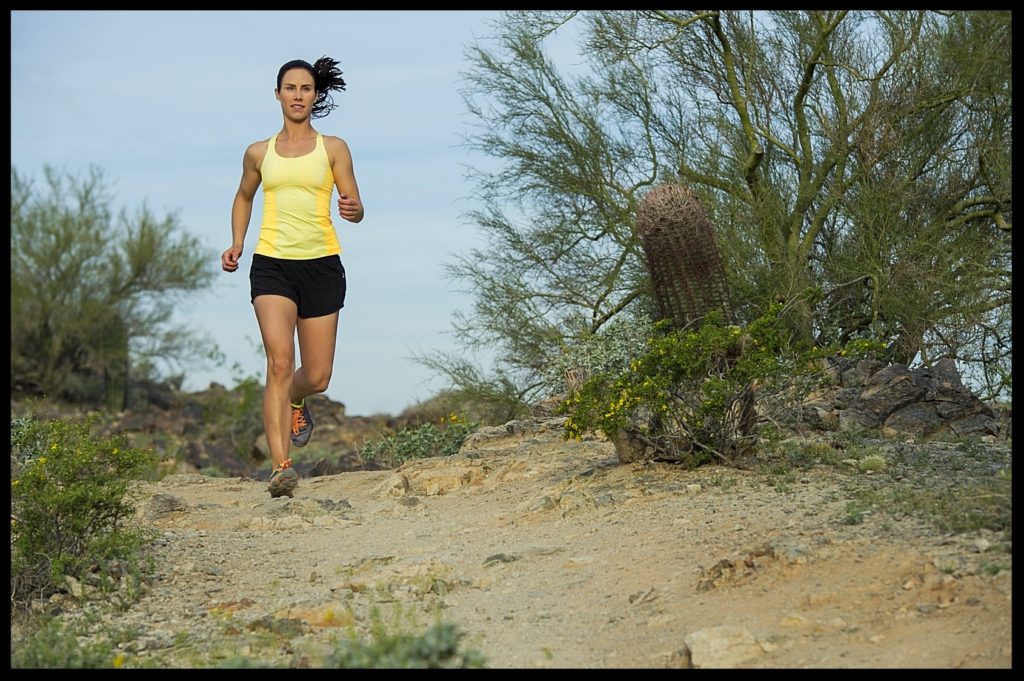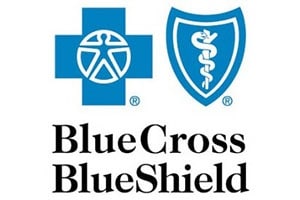Common Symptoms of CVI – Should you be concerned?

The concern about having or developing Chronic Venous Insufficiency (CVI) is a great reason to have your varicose veins fully assessed by a qualified Vein Specialist.
Why should I be concerned about the symptoms of Chronic Veins Insufficiency?
Chronic Venous Insufficiency, also known as Venous Reflux Disease or Venous Stasis, refers to a condition of inadequate blood flow from the legs back to the heart. In healthy veins, blood pressure and muscle movement move blood out of the legs and upwards; one-way valves prevent back-flow of blood between heart beats. When those valves become weak, veins become distended and blood pools in the lower legs. This can lead to Chronic Venous Insufficiency. While CVI is not usually lethal, its symptoms can significantly diminish your quality of life.
What are the most common symptoms of Chronic Venous Insufficiency?
If you experience any of these symptoms, consider getting a full vascular health evaluation from a qualified Vein Specialist to determine what can be done to improve your quality of life.
- Varicose and spider veins
- Swelling of the legs and ankles
- Skin color changes over the legs and ankles
- Sores on the legs (ulcers), especially those that are slow to heal
- Aching legs
- Heavy legs
- Burning, throbbing in the legs
- Muscle cramps
- Leg fatigue
- Bleeding veins
- Itching over veins
- Restless legs
- Leg pain after sitting or standing long periods
Who is at risk of developing the symptoms of Chronic Venous Insufficiency?
There are a number of reasons that venous valves become weaker, and family history tops the list. If other members of your family have CVI, you have a much higher chance of developing this condition. Other factors include:
- Age. Vessel walls get weaker over time.
- Hormonal factors. Hormonal imbalances and fluctuations affect vessel wall integrity.
- Pregnancy. Hormonal fluctuations and the physical pressures of pregnancy are both factors.
- Trauma and other injury to the legs. Scar tissue can also impair blood flow.
- Deep Vein Thrombosis. These are clots that form in the deep venous system and impede blood flow.
There are lifestyle factors, as well, that can increase your chances of developing CVI. Any repeated activity (or inactivity) that impedes or slows blood movement in the body will impair your vascular health, including:
- Standing or sitting for long periods. Gravity can take a toll, and blood moves better when the body is moving.
- Obesity. It takes a lot of physical resources to support increased fat tissue.
- Smoking. Not only does smoking decrease the amount of oxygen that is taken in by the body, its long-term effects include a buildup of plaque and decreased flexibility in the vessel walls.
- Hypertension. High blood pressure can also contribute to a decrease in blood vessel wall flexibility.
- Lack of physical activity. Blood moves better when the body is moving.
Treatment for the symptoms
While there is no cure, there are a number of minimally invasive procedures available that will improve vascular sufficiency, and provide relief from CVI symptoms. Read more about them by clicking on the links.
- Medical Adhesive (Veneseal Closure System)
- Laser Treatment (Endovenous Laser Treatment (EVLT)
- Radio Frequency Ablation (ClosureFast Radiofrequency Procedure)
- Liquid Sclerotherapy and Compression (chemical injection)
A board certified Vein Specialist can provide you with a full vascular exam and Duplex Ultrasound.These tools will measure the blood flow returning to the heart, assess your overall vein health, and allow for the creation of a treatment plan tailored to your specific needs.
Advanced Vein Institute of Arizona is proud that our offices are staffed with only board-certified providers. To help them determine whether you might benefit from a minimally invasive vein treatment, please answer these questions:
Read MoreVein Treatment It is easy to forget about unsightly veins in the winter time when leggings and sweats are worn almost 24/7. In addition, the cooler weather helps to mitigate symptoms such as fatigue, heaviness, cramping, and swelling; all indications of underlying venous insufficiency. With spring right around the corner, now is the time to…
Read MoreAs you navigate your way through the barrage of holiday parties this season, it may be difficult to decide on certain indulgences. The general recommendation here at Advanced Vein Institute of Arizona is everything in moderation. However, there is one thing on a lot of holiday tables that can benefit your vascular health…cranberries! Due to…
Read MoreYou have put in all the hours of training in the water, time in the saddle and on the road; read and studied nutrition, hydration, and injury prevention. IRONMAN Arizona is less than 6 weeks away, and yet something might not be completely dialed in. You are stronger and more fit than you have ever…
Read MoreBinge watching your favorite series or games this week? . . . Avoid painful legs! Are you in to Game of Thrones or the Handmaid’s Tale? Maybe you are an avid NFL or MLB fan and can’t wait for a day to lounge around and catch up on the series, or binge all the games…
Read MoreDancing with Varicose Veins Has leg pain kept you in your seat and off the dance floor these days? You may have eliminated dancing because of symptoms associated with vein disease. Vein disorders are not always visible to the naked eye. Varicose veins or venous disease can cause aching legs, painful or restless legs, as…
Read MorePeripheral Vascular Disease: Not Always Just An Artery Issue When the term peripheral vascular disease (PVD) comes up; it is a common misconception that this refers to just arterial disease. PVD refers to both the arterial and venous circulation. Arteries in the legs carry blood from the heart to the toes (periphery), and veins carry…
Read MoreVARICOSE VEINS, VENOUS INSUFFICIENCY AND LEG ULCER TREATMENTS Insurance coverage is always dependent upon benefit eligibility, as outlined in your specific benefit plan. Some employers have chosen not to cover varicose vein treatment specifically, so be sure and check with your human resources department or call the toll-free number on the back of your insurance…
Read MoreTimes have changed – There are alteratives to painful vein removal surgery Gone are the days when your only remedy for varicose veins was vein removal or vein stripping. Our in-office procedures are the gold-standard. If you are scheduled for a procedure and would like to know what other options are available, call today for…
Read More






